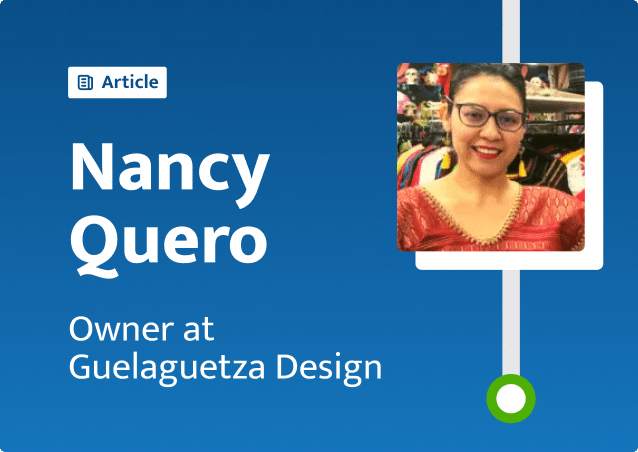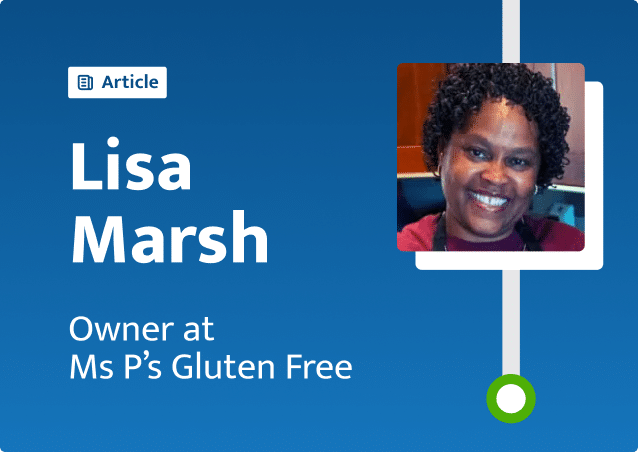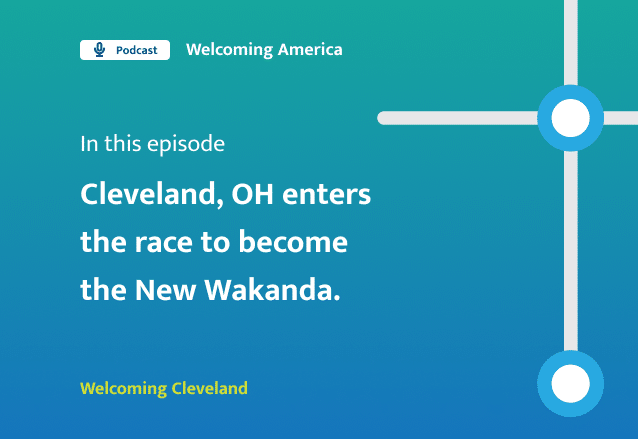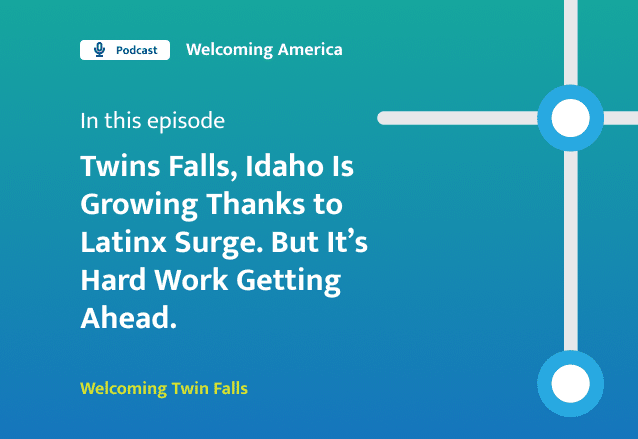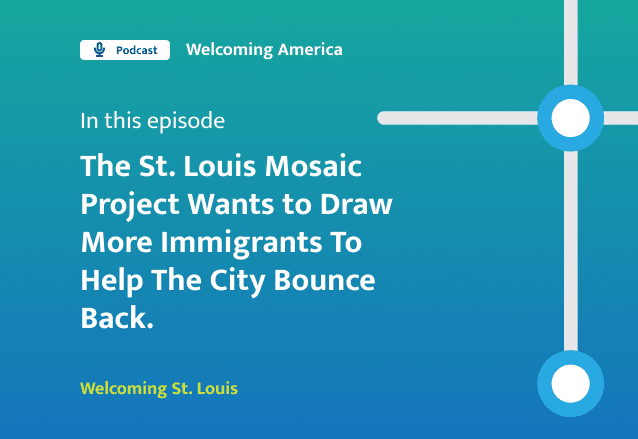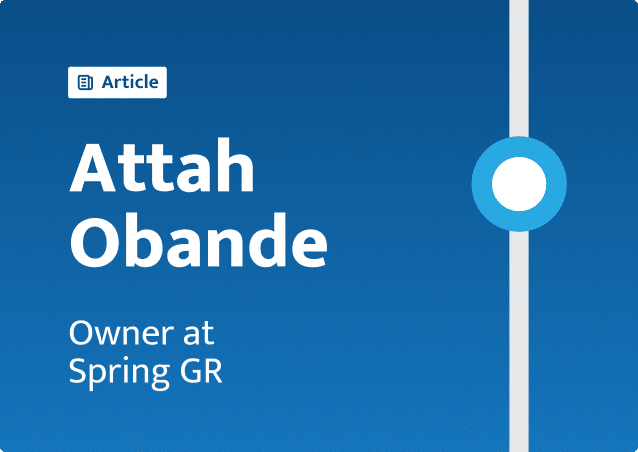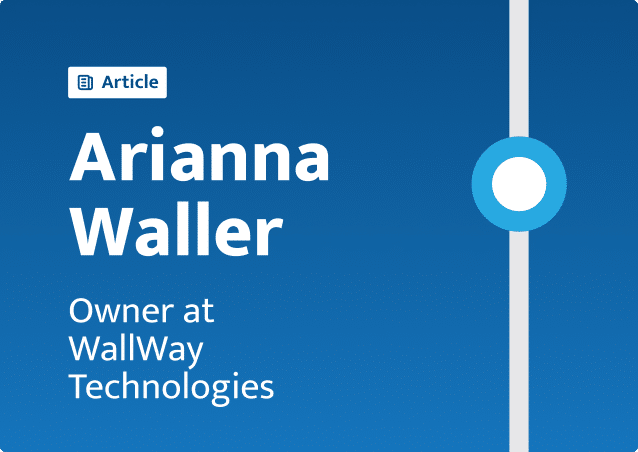GigRoots Podcast | Nancy Quero Interview | Grand Rapids, MI
Introduction:
Grand Rapids has about a 16% Latinx population, but that doesn’t begin to capture the many cultural nuances of Latin peoples in the state of Michigan. Nancy Quero of Guelaguetza Designs proudly claims her Zapotec heritage, and she incorporates those concepts into her business. She sells online. She believes the concept of guelaguetza, which translates as a reciprocal exchange, that this can be a way for ethnic identity and diversity to be richly celebrated among many different people.
GR: I’m here with Nancy Quero. Nancy it’s good to talk to you today. Nancy, where are you from originally?
Quero: I am from Oaxaca, Mexico. Oaxaca is a southern state from Mexico and a small town called Mitla.
GR: And when did you come to the US?
Quero: I came to the US around 2002, 18 years ago.
GR: And during that time, what was the most surprising thing to you?
Quero: Well, I guess it was a huge change for me because, you know, I was 18 years old and finding a new place to live with a lot of different ways of living. One of my struggles was the language of course, (English is my second language). And back then I spoke zero. Nada. And it was a huge challenge. But you know some of the challenges I have overcome or others I’m still fighting in this community.
GR: Yesterday was Cinco De Mayo. Did you celebrate Cinco De Mayo this year?
Quero: Well, Mexicans really don’t celebrate it much. It’s more like an American holiday. You know, only like Cinco de Mayo was in commemoration of a battle– I don’t remember which year was it, but the Battle of Puebla. We gained victory over the French army. The Mexican army was a really small army back then and they won. And that’s what is celebrated in the state of Puebla. They do celebrate it, but it’s not really a huge celebration like Independence Day.
GR: That’s interesting. And so when you came here to the United States, did you have any aspirations of becoming an entrepreneur? Had you seen that at all growing up?
Quero: I had no idea that I was going to end up being an entrepreneur, but I guess that’s something that has been always in my blood. My mom and my dad was an entrepreneur himself. That was something that I always liked. My grandma used to have a grocery store in and I used to go there all the time and help her. And I used to have my little table, selling jellos or selling fruit cocktails or selling a lot of things. And even when I was in, in high school, I was sell bracelets and stuff to get some money, to buy my books and things. So it has been with me– the spirit of entrepreneurship. Coming here, one of the things that made me start doing this is because I was looking for a connection to my culture.
Quero: And my mom has been an, an artisan for over 30 years and I used to wear back then, and now the clothing that she makes and people start asking me, “Where do you get that? Where do you get your blouse? And it was just like, people were also looking for that cultural connection. And that’s how I started, and it has been an amazing. Since I started, it’s beenalmost over 15 years, and it’s beautiful to be able to make connections for the people, not just for the Mexican, but for all the cultures as well.
GR: Do you find a lot of folks from other cultures purchasing your products?
Quero: Yes. Actually I have customers, not just from Mexico. And you know, the United States, it’s a very diverse country, and Grand Rapids also is a very diverse city. It’s not just Mexicans getting married with Mexicans now. And I it’s beautiful. Like I have customers from Africa, and they love the colors. That’s what draws their eyes and they come and shop. I also love the Africa heritage and the colors, the vibrant colors, and I have a couple pieces myself. It’s just really nice to share with them a part of Mexico through the products that we sell.
GR: So Grand Rapids as a city happens to carry the distinction of being a Welcoming City, meaning that they are designated as a place that is welcoming to immigrants and refugees. How have you found it to be overall with your experience of living here for the past 18 years?
Quero: That is great. I think that makes me feel more welcome in this community. I love seeing all those changes on the community. I really feel welcomed. I think those changes are needed as a community, so we understand each other.
GR: How good are we at crossing boundaries culturally within the city?
Quero: Yes. I feel more welcome now then 18 years ago when I came. But, I truly believe there are many other things that we can improve starting with all us as individuals. I think there is still racism. People who don’t accept other communities. I think as individuals, we can do much better as a diverse community to be more loving and caring foreach other.
GR: So Nancy, I’m anxious to speak with you about the recent pandemic and dealing with the Coronavirus. As a member of the community and as an entrepreneur, how has that been for you?
Quero: Well, very challenging times for an entrepreneur like myself. We just opened a store last year in November. We went through the wave of Christmas and after the new year, it was completely stopped (I heard that’s very common in retail). And then when the spring comes around March, it started picking up again. Then this happened and we had to close. So it has been a challenge, but also an opportunity for us to start looking for other resources, like online shopping. So we started to put more resources in our online presence and on our website using other platforms like Etsy.
GR: You know, you mentioned your website and I think it’s very well done. It’s very beautiful and vibrant, and it carries the term guelaguetza. Can you explain what that concept means?
Quero: It comes from my hometown. The dialect is spoken mostly in the southern states of Mexico where I was born and raised until I was 18. It basically means interchange between cultures.
GR: One of the things that I noticed about the site is that you are very intentional about putting things in both Spanish and English in order to appeal to a broader audience. And so you really seem to be adopting that philosophy. How else are you trying to bring that to the marketplace at this time? And why does that happen to be so important for you?
Quero: In Grand Rapids, we are a diverse community. I think by knowing about each other, it will be easier to understand each other. And I think that’s really important nowadays. There is no one that is a hundred percent of one specific race. There is no one that can say, “I’m a hundred percent white”, or I’m a hundred percent (Hispanic)”. There is no such thing as that right now. So we have a [mixed] heritage from other cultures–within our DNA somewhere. And that’s why it’s important. We truly believe that by learning about each other, we can step forward to have better communities in the future.
GR: One of the other things that I noticed on your site is you take great lengths to highlight all the individual artists and makers, you feature their stories and their backgrounds. During this time, are you able to keep in touch with them?
Quero: Yes, that is something very, very important for us because we are not just selling a product. You know, we really care about the artists. I make absolutely nothing that I sell– it’s very important to give them the credit. We pay fair values for the items that we sell from our artists, because we want to make sure that they have the resources to keep growing their shops. And so we can preserve those techniques that they use. Every item, every textile, everything from painting to food, it’s part of the Mexican culture. So we want to make sure that they have the resources to keep doing it. Because what we have seen is some things that people used to make in the past, nowadays it’s gone and we wish to preserve our heritage. That’s part of my mission.
GR: When you think about the economic and social conditions that a lot of immigrants are facing when they come here to the United States, what is something that you hope for in the future?
Quero: I really hope that our government can be more inclusive. There isn’t respect to the history that the US was founded by immigrants. Nowadays there’s ignorance, and some don’t feel welcome. So I really hope that it can be more inclusive. It needs to start at the top with the people who are representing us. So we need more representation in the different parts of government. I have a 16 year old son and I’m trying to teach him to be inclusive and not to be ignorant about other people. So when he is able to vote, that is gonna make a difference when he grows up. So I really hope that immigrants can feel welcomed in this country.
